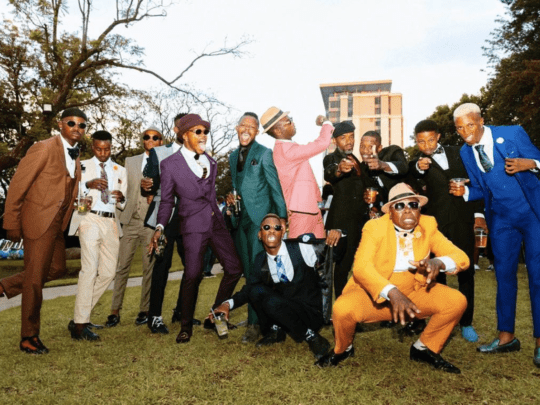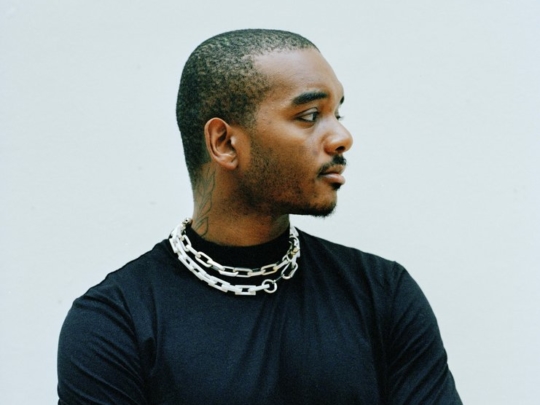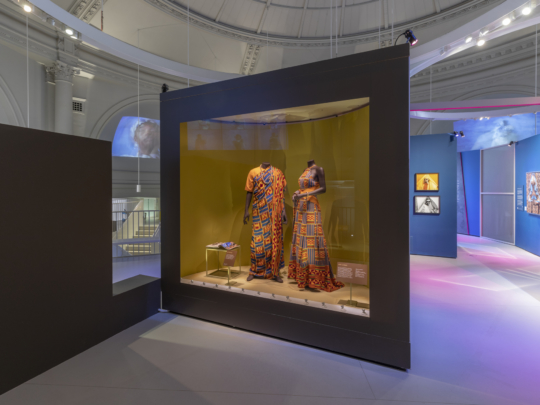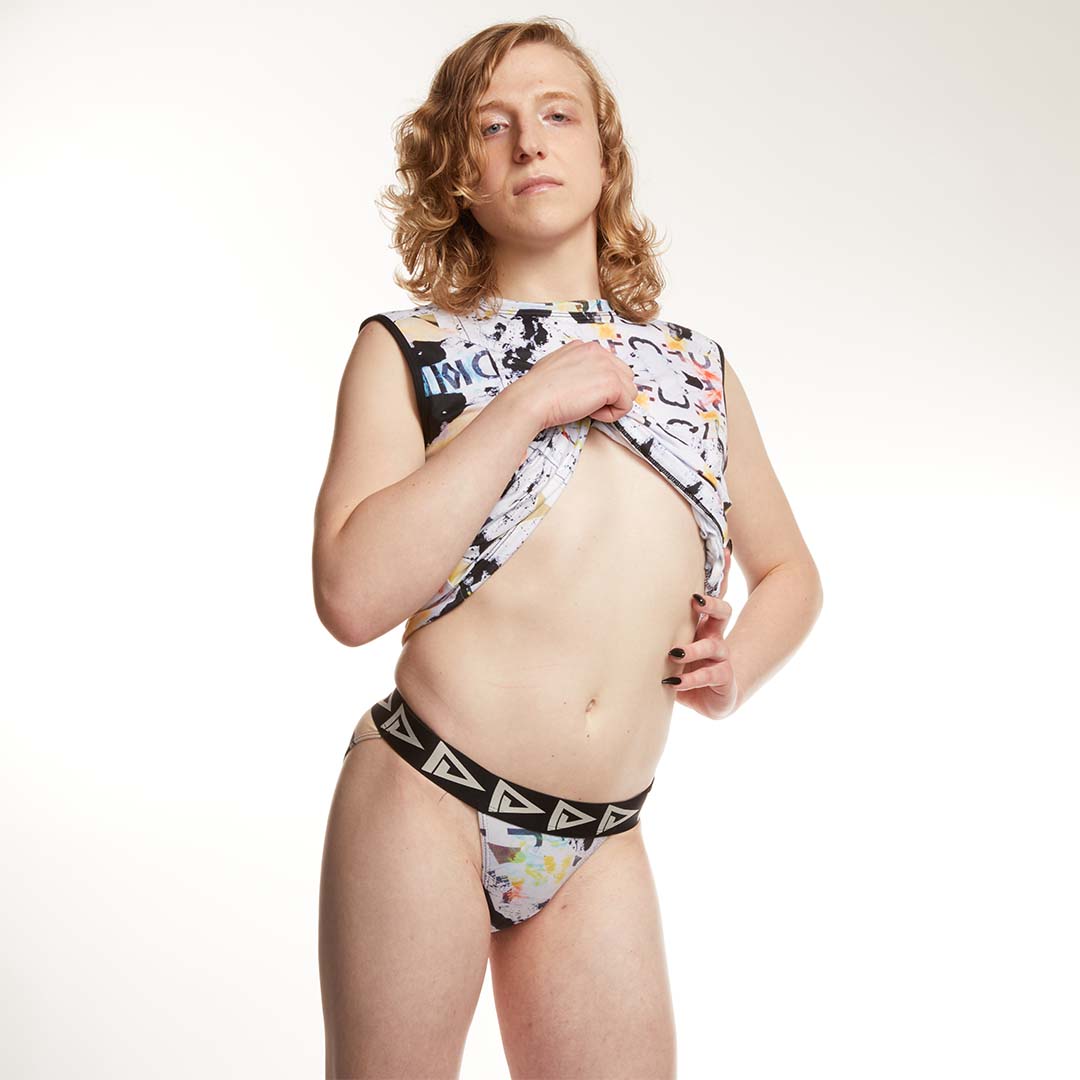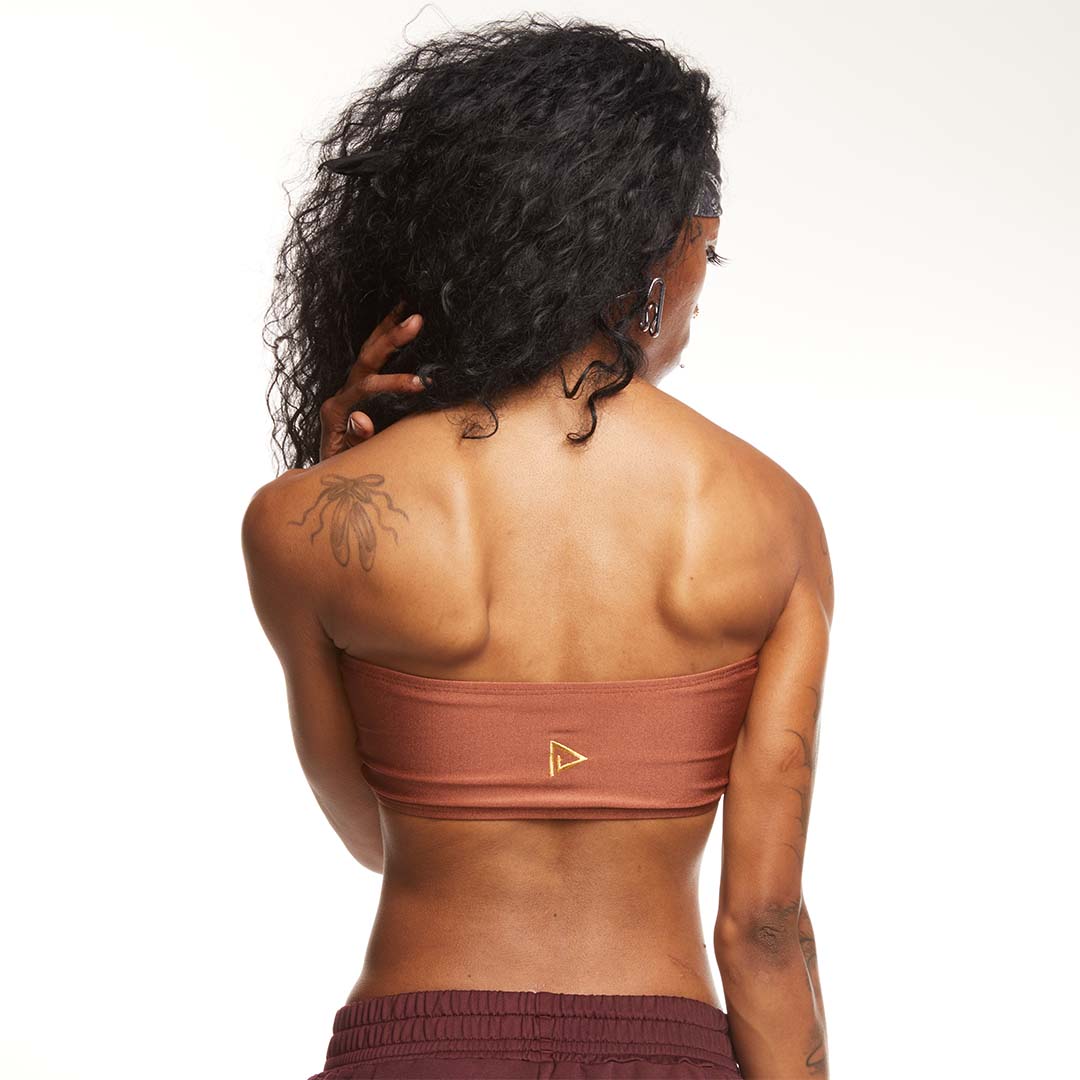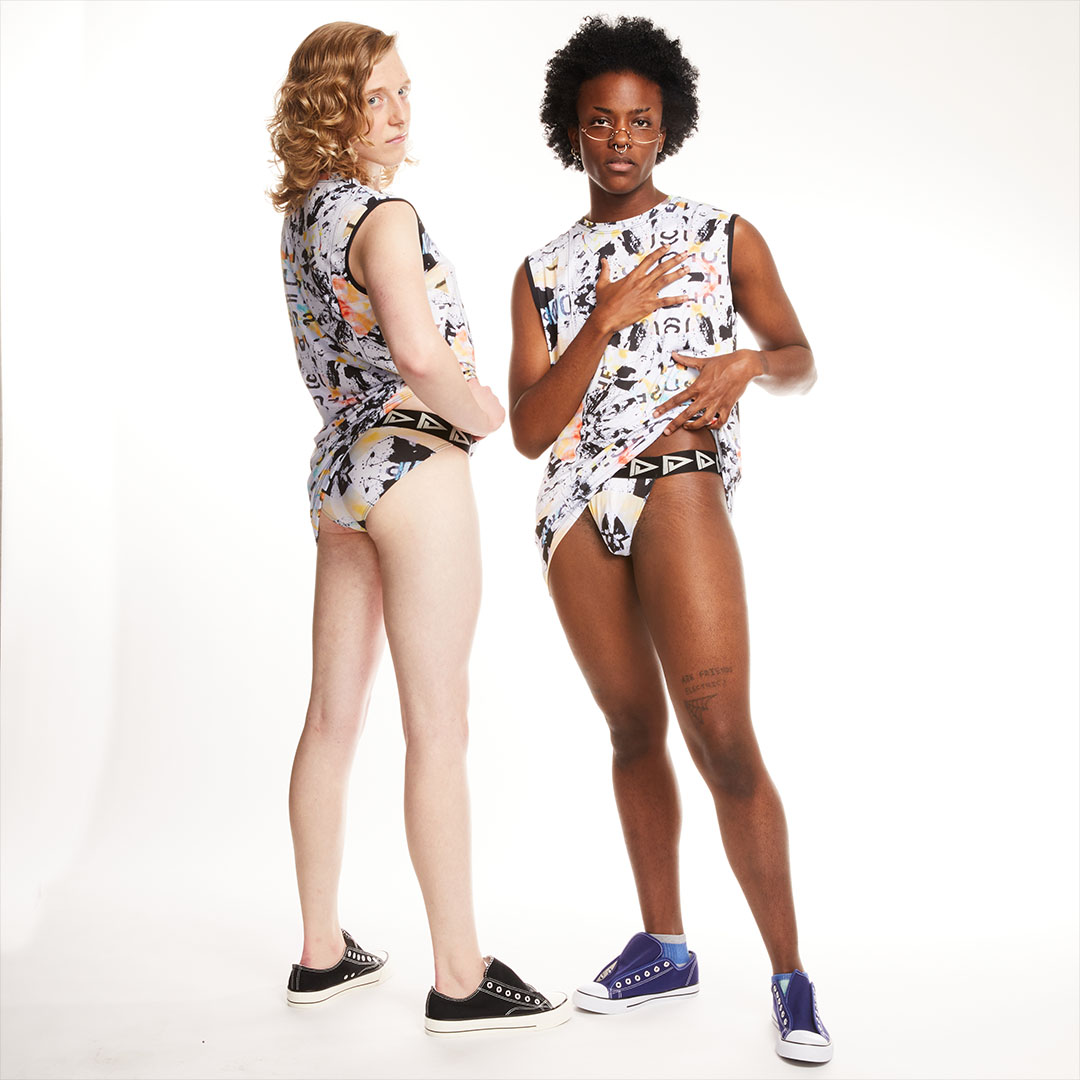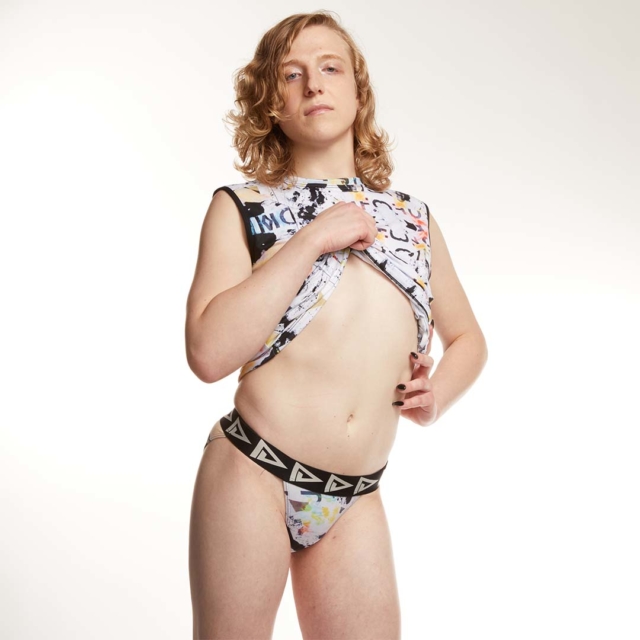There was a time when shopping for women’s underwear meant going into a dimly lit boutique and searching through lacey thongs and pushup bras embellished with gems and sequins. However, for a new generation – my generation – it’s all about authenticity and inclusivity – and brands are now catering for us.
For a new wave of independent brands, the days of segregated, designated women’s and men’s sections are over. That’s great news for the demographic known by marketers as Gen Z (those born between 1997 and 2012), who are fans of a gender-equal approach.
As recently as 2016, sexiness was still selling. Victoria’s Secret dominated the intimate wear market, reporting $1.58 billion in online sales alone. With its boudoir-style stores and glamorous angels in extravagant wings, the American retail giant sold the dream of the “perfect” body with perky breasts, long legs and flowing blow-dried locks – and men and women alike lapped it up. The spectacle, glitz, glamour and celebrity surrounding Victoria’s Secret had consumers hooked, particularly at the annual Victoria’s Secret Fashion Show which drew 9.5 million TV viewers.
Since then, as the Me Too movement has gained traction, the world of underwear has been turned upside down. In the 2020s, women are encouraged to speak out against sexual harassment and objectification. The time for promoting highly sexualised images of women in their underwear is out of step with the times. It wasn’t that Victoria’s Secret did something specifically wrong – it had quite simply had its day. The show was cancelled, sales plummeted, store footfall and teenage adoration for the brand vanished, leaving the industry wide open and searching for the next big thing.
Victoria’s Secret tried to keep up with the times by creating the VS Collective, a group of women known as partners and ambassadors of the brand, rather than performing for them. They include Bollywood actress Priyanka Chopra and queer soccer star Megan Rapinoe – a diverse and inclusive line-up. For some, it was too little too late. American writer and lingerie expert Cora Harrington, best known for her blog The Lingerie Addict, took to Twitter to highlight her distrust in the rebrand, saying it wouldn’t improve the brand’s credibility but “it might hurt the image of those associated with it.”

